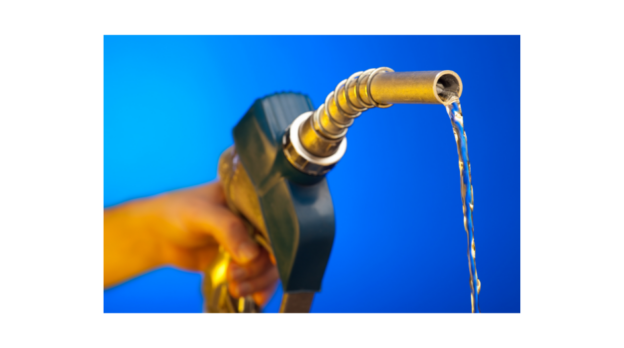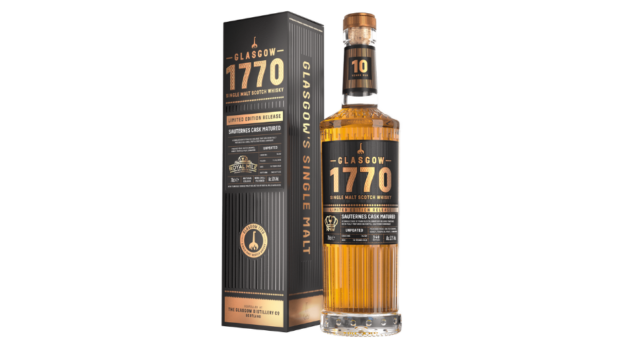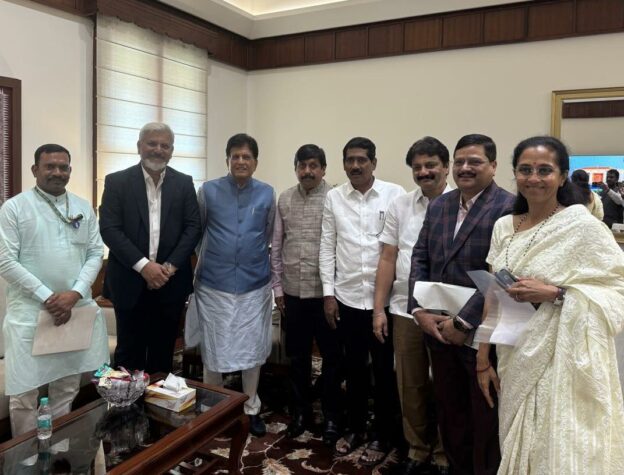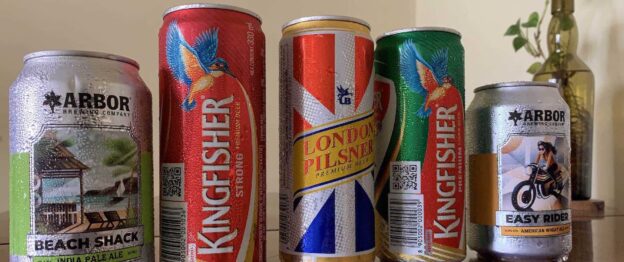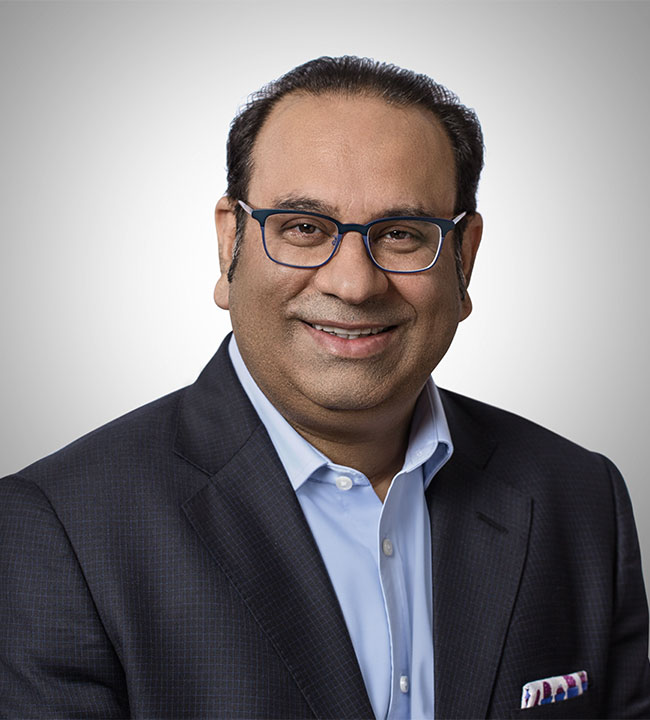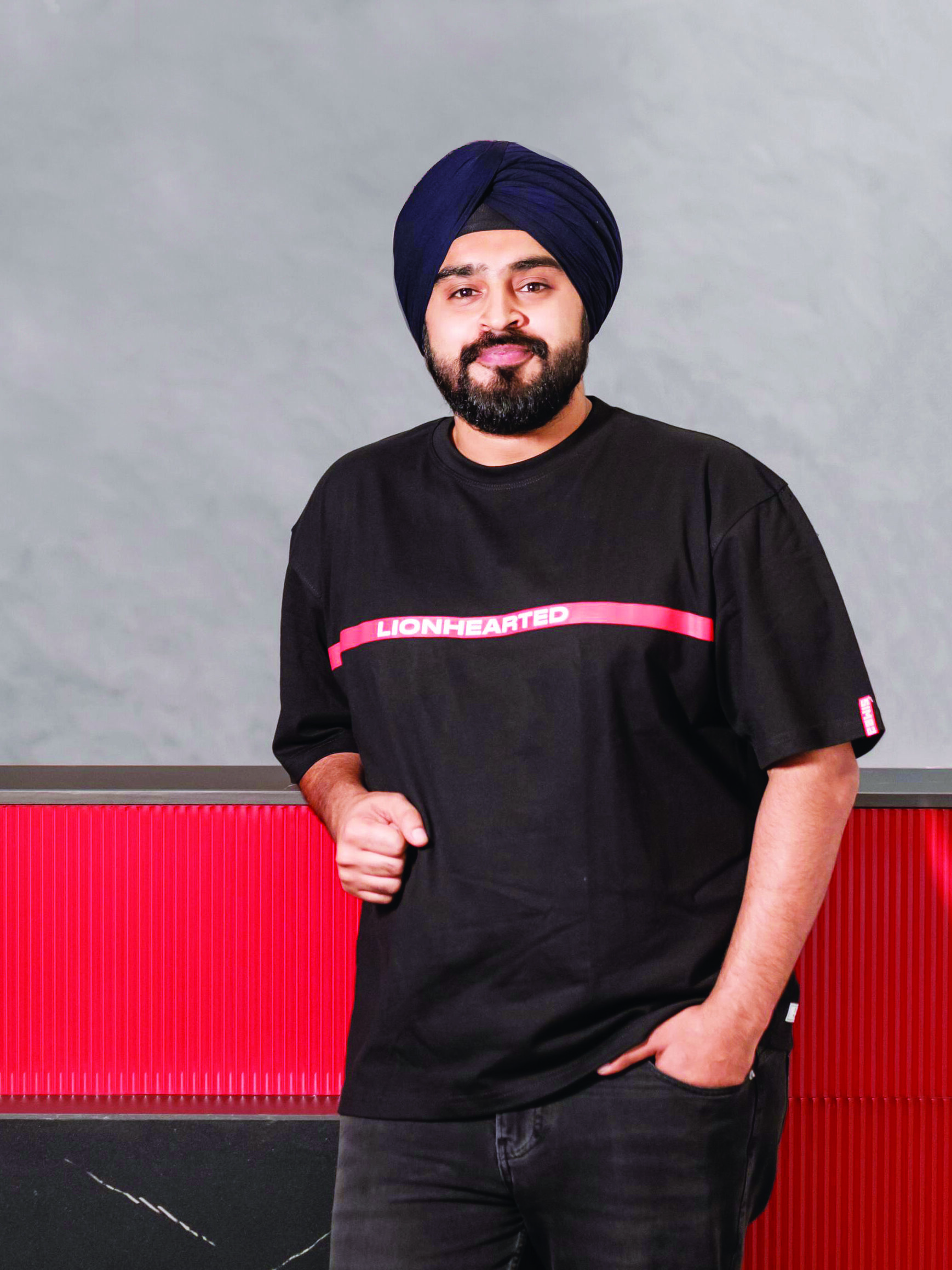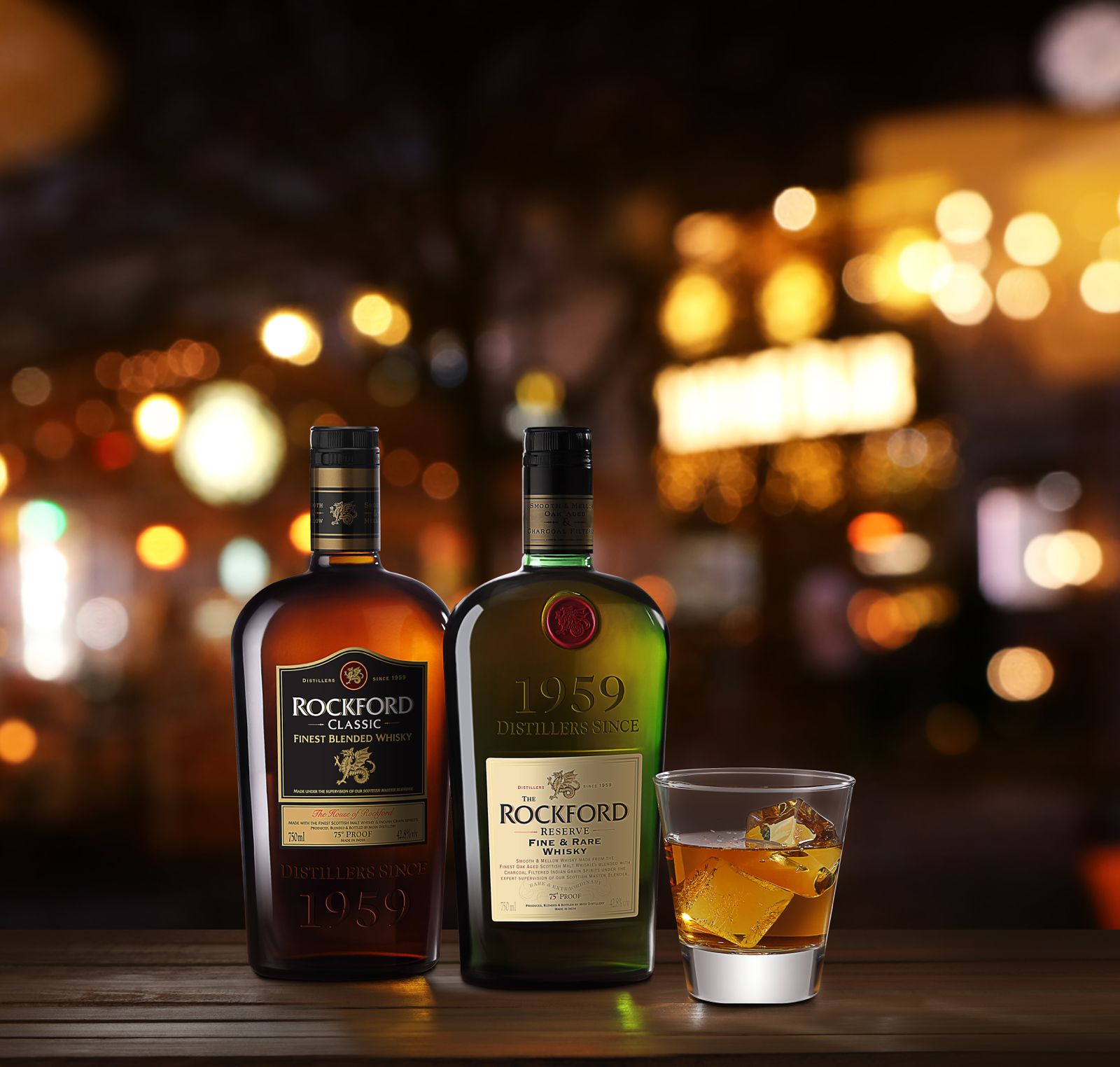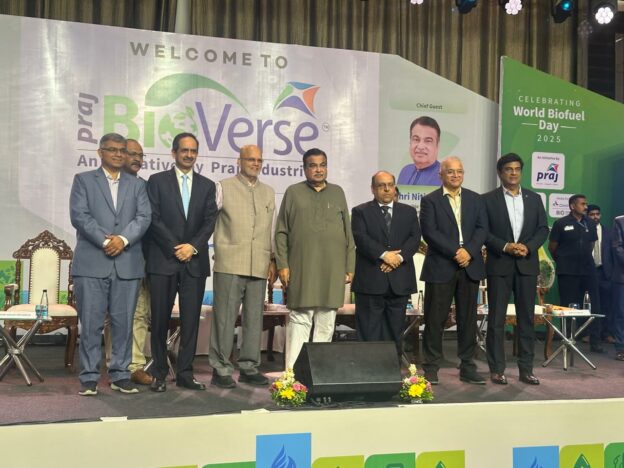The Union Minister for Road Transport and Highways, Nitin Gadkari, set out an ambitious vision for India’s energy and mobility transformation at the launch of Praj BioVerse, an integrated bioeconomy platform, in Pune. The event coincided with the 10th anniversary of World Biofuel Day celebrations in India and brought together industry leaders, policymakers, and innovators. Ambrosia was invited to this special event. Excerpts:
The gathering saw the presence of Dr. Pramod Chaudhari, Founder-Chairman of Praj Industries; Sanjay Kirloskar, CMD of Kirloskar Brothers; and Vikram Gulati, Country Head of Toyota Kirloskar Motors, among other dignitaries.
100% ethanol-powered generator
Praj BioVerse is positioned as a hub to integrate innovation, industry, research, and policy to accelerate India’s transition to a sustainable, low-carbon economy. The event’s highlight was the unveiling of Kirloskar’s 100% ethanol-powered generator, a milestone in India’s green energy innovation.
Dr. Chaudhari also released his memoir, ‘Horizons Beyond Dreams… As Is What Is’, chronicling his entrepreneurial journey and Praj’s role in advancing circular economy principles.
Farmers as Energy Providers
Gadkari in his address underscored a shift in the agricultural paradigm, from food-only production to fuel and energy generation, highlighting how ethanol blending has already transformed the fortunes of farmers. He cited the surge in corn prices from ₹1,200–1,800 per quintal to ₹2,600–2,800 in Bihar and Uttar Pradesh.
“This is not just an energy policy; it is rural economic empowerment,” Gadkari said, pointing out the dual benefit of reduced fossil fuel imports and increased farmer incomes. “Our farmers will not just grow food, but also fuel for aviation, construction equipment, and vehicles. The day we stop importing fossil fuels will mark a historic transformation.”
The Minister noted that India had overtaken Japan to become the third-largest automobile market in the world. He said the auto sector was also a significant contributor to GST, underlining its economic importance. However, he pointed out that 40% of the country’s air pollution came from automobile emissions, making it essential to adopt cost-effective, import-substituting policies focussed on alternative fuels.
He spoke about isobutanol, biodiesel, green hydrogen, and bamboo ethanol as promising alternatives to conventional fuels. He mentioned that India was on track to become the world’s leading automobile manufacturing hub and revealed that plans were underway to export Mercedes electric vehicles from the country. He envisioned a future in which India evolved from being an energy importer to a net exporter of clean fuels such as biofuels and green hydrogen.
Gadkari urged Indian industry to accelerate the shift to biofuels, emphasising their multiple benefits—reducing crude oil imports, boosting rural incomes, cutting emissions, and transforming agriculture. He added that the ethanol push had helped corn farmers secure better prices for their produce.
Transition to Biofuels
He reiterated that the transition to biofuels was also a key strategy for rural employment generation. He stressed that agriculture must become more economically viable and that the agricultural GDP needed significant growth. He recalled that the idea of producing ethanol from maize had initially faced criticism due to the “food vs fuel” debate, but noted that ethanol production had positively impacted the sector—raising corn MSP, increasing corn acreage, and resolving longstanding payment delays in the sugarcane industry.
Highlighting the future of sustainable energy, Gadkari said that isobutanol was emerging as an alternative to traditional diesel and spoke of ongoing efforts to develop and scale biodiesel as a cleaner substitute for diesel engines. He added that the burning of rice straw had reduced significantly thanks to its use in biofuel production, helping to combat air pollution in several regions.
He further stated that India was on track to become an energy-exporting nation, driven by biofuels, green hydrogen, and other alternative energy sources. He called for greater focus on bamboo cultivation and urged Praj Industries to explore its potential in bioenergy applications.
Referring to flex-fuel technology, he mentioned that he had been using a Toyota flex-fuel vehicle for a year, describing it as both fuel-efficient and environmentally friendly. He expressed confidence that construction equipment would also transition to FFVs in the near future.
Looking ahead, Gadkari envisioned a future in which green energy revenues would empower India’s rural landscape. He said farmers would not only grow food, but also fuel for the aviation sector, construction machinery, and more. He concluded that the day India no longer imports fossil fuels would mark a truly historic achievement.
Praj BioVerse Unique Movement
In his address, Dr. Pramod Chaudhari said that Praj BioVerse was a unique movement bringing together innovation, collaboration, and sustainability within one powerful ecosystem. He explained that BioVerse was a place where ideas were transformed into solutions, where climate action progressed alongside economic growth, and where India’s leadership in the global bioeconomy took centre stage. He added that this aligned perfectly with the vision of Viksit Bharat by fostering inclusive growth and building a circular bioeconomy.
Dr. Chaudhari noted that in the current geopolitical and trade environment, energy security was no longer optional, but a strategic imperative. He stressed that Praj’s bioeconomy model, rooted in local systems and rural self-reliance, was both sustainable and scalable for nations worldwide. He described walking through the BioVerse experience as akin to witnessing the entire Indian bioeconomy value chain in action—from feedstock diversification and intercropping practices to advanced co-product innovations that ensured farmer profitability and steady supply chains.
He highlighted that Kirloskar Oil Engines had tested a B50 blend for the first time in India and that the Automotive Association of India was advancing ethanol–diesel blends while fast-tracking certifications for biofuel technologies meeting the highest standards of performance, safety, and sustainability. According to him, exhibits ranging from ethanol-powered bikes to next-generation engines demonstrated that technology and industry were ready to scale. However, he cautioned that this transformation required more than technology, calling for collective action from innovators, researchers, manufacturers, and policymakers to work together as one.
Vikram Kasbekar, CEO of Hero MotoCorp, said the company was among the first in the country to develop a flex-fuel two-wheeler capable of operating on blends starting from E20. He noted that since 2023, the entire product portfolio had been E20-compliant. According to him, the initiative was not just about technology, but also about supporting the circular economy, benefitting farmers, and reducing dependence on imported fuels. He added that the company had upgraded its technology so that modern ethanol-compatible engines delivered fuel efficiency comparable to traditional petrol engines, and that these vehicles were being well accepted in the market and running successfully.
Vikram Gulati, Country Head and Executive Vice President of Toyota Kirloskar Motor, emphasised that most automotive companies today—both two-wheeler and four-wheeler manufacturers—have introduced flex-fuel vehicles capable of operating on ethanol blends ranging from E20 to E100. He acknowledged that some barriers remained, but noted that these were being addressed with strong policy support from the Government, whether through enabling CAFE norms and taxation structures for OEMs or by creating the right environment for customers and the supply chain to adopt such fuels.
Carbon Trading
Gulati added that in the coming years, economies would increasingly be driven by carbon trading. He said India had a significant opportunity not only to use ethanol domestically and save billions in foreign exchange, but also to earn substantial carbon credits in the global market.
Sanjay Kirloskar, President of MCCIA and CMD of Kirloskar Brothers, said that to achieve the Prime Minister’s vision for 2047, India would require around 1,000 GW of generation capacity. He noted that fossil fuels would need to be phased out and that base-load power would likely come from nuclear energy. He observed that the dangers of fossil fuels were well recognised and that countries worldwide were investing in wind, solar, and nuclear energy together.
Kirloskar pointed out that Europe had implemented carbon border adjustment mechanisms that would affect exports from fossil-fuel-heavy economies, using the funds raised to invest in green technologies. He stressed that Maharashtra was uniquely positioned to lead in nuclear technology, as it housed most of the country’s nuclear establishments, EPC contractors, consultants, and major equipment manufacturers, including Godrej, Larsen & Toubro, and Kirloskar Brothers. According to him, if the state positioned itself strategically, it could drive manufacturing growth, high-tech jobs, and skills development.
Speaking about Kirloskar Brothers’ contributions, he said the company had pioneered titanium pumps for 2G ethanol biofuel production in India. Until now, these pumps had been entirely imported from the US, but he indicated that this would soon change, as every ethanol plant in India currently imported them.
Vishal Soni of Vishwakarma Publications talked about the book, the key takeaways being the clear vision, integrity and the journey of Pramod Chaudhari who is known as the ‘Ethanol Man of India’. The journey echoes how ‘confidence is key to success and preparation is key to confidence’.
Atul Mulay, President of Bioenergy at Praj Industries, while proposing the vote of thanks said the event reflected how collaborative efforts between industries and other research and development organisations helps in strengthening the bioverse ecosystem. Stating that Pune is a powerhouse of industrial technological development, he said that it is key to cleaner, greener and self-reliant future.

